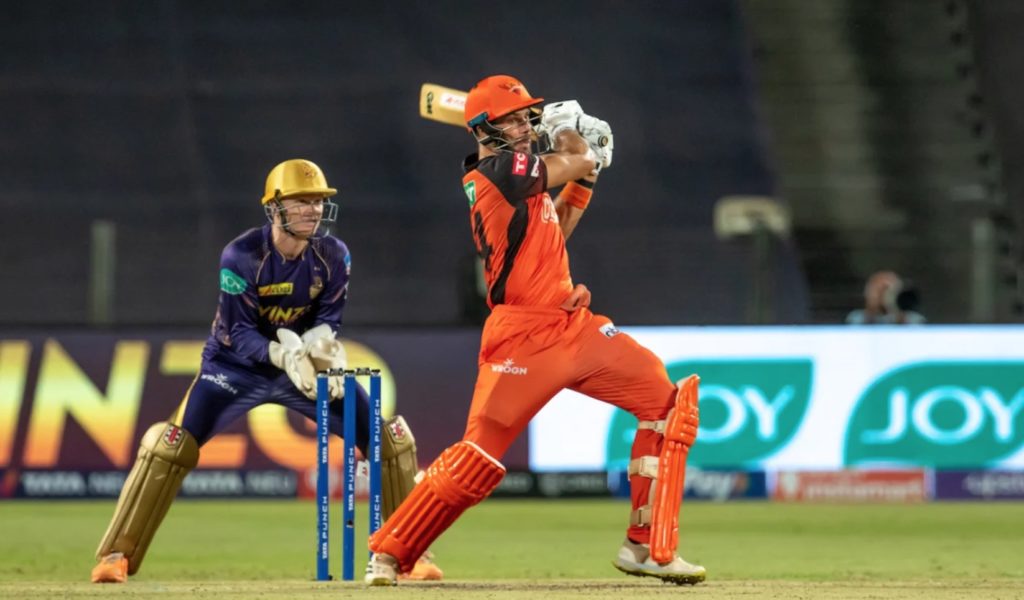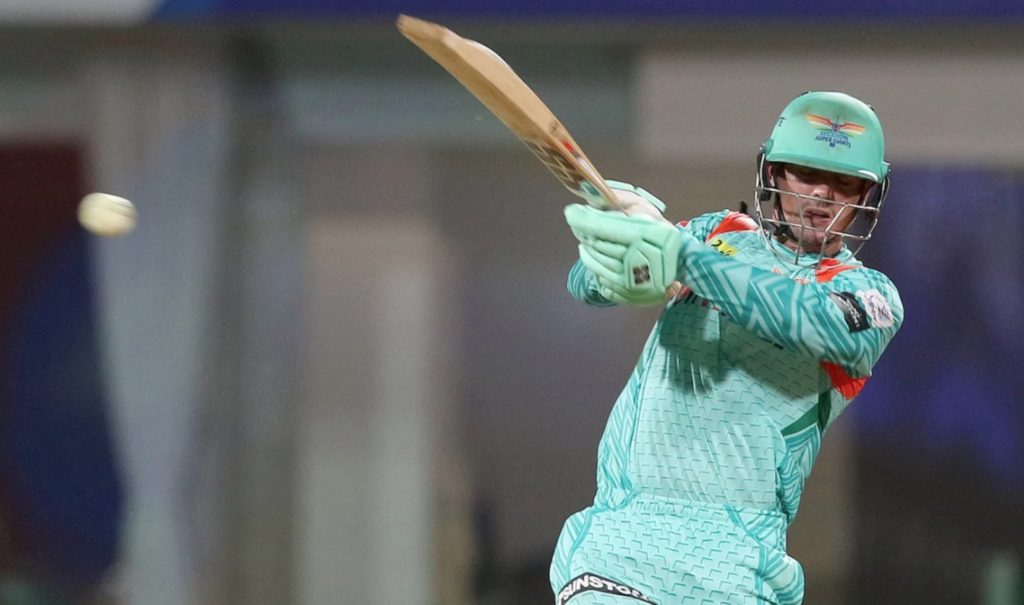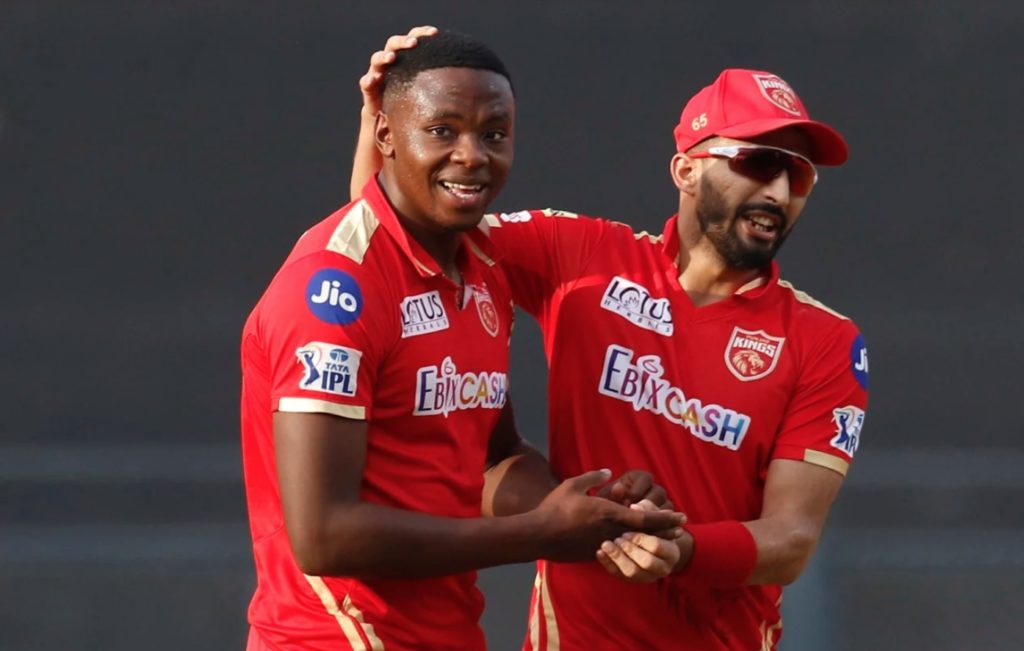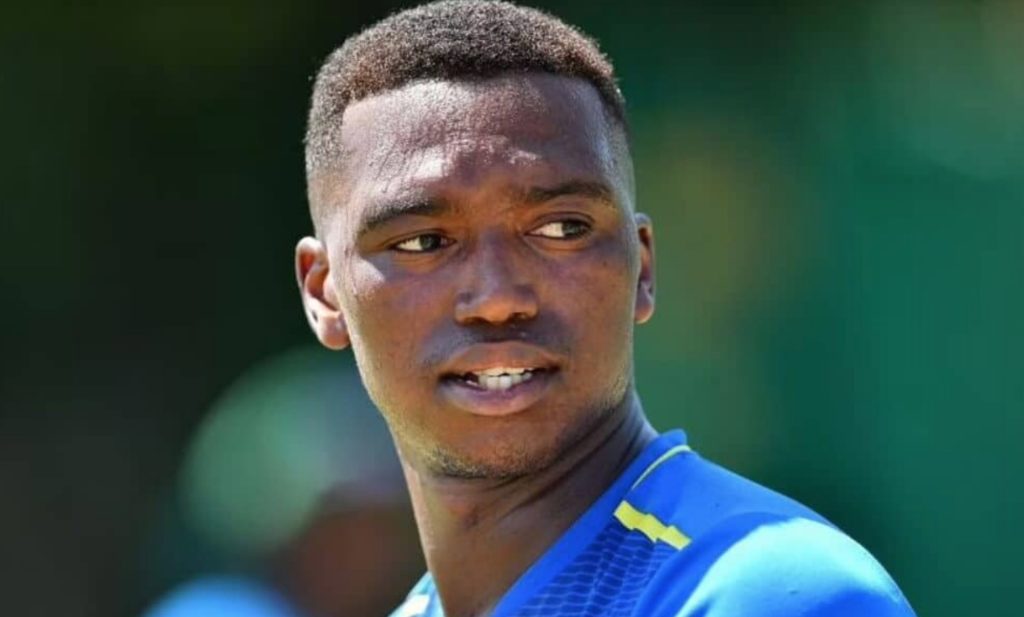A clutch of Proteas T20 batsmen are excelling in the IPL but an alarming number of bowlers are seeing no action. RYAN VREDE analyses where the team stands three months out from the World Cup.
This tournament has been a poignant reminder of the immense batting talent that the Proteas have at their disposal in T20 cricket.
David Miller and Aiden Markram have been consistent throughout, sitting 14th and 19th respectively on the run-scorer’s list.
Markram’s rise in the format has been exponential. This time last year he hadn’t yet established himself as a T20 regular. Now he is the world’s second-ranked batter.
His emergence has somewhat compensated for the irrational selection snub of Faf du Plessis. Du Plessis still deserves to play T20 cricket for his country, but Markram’s consistency has been encouraging.

I wrote at the beginning of the week that Miller’s late-career renaissance has amplified the Proteas’ potency. His finishing ability has been the standout in the past 18 months, but that brutality belies a touch game that has dug his side out of trouble on an ever-growing number of occasions.
However, Quinton de Kock’s rise has been the most critical development in a World Cup context. De Kock is the tournament’s third-highest run-scorer, a position attained thanks in large part to an unbeaten 140 off 70 balls for the Lucknow Super Giants against the Kolkata Knight Riders on Wednesday. The innings was a reminder of his immense gift, one that is irrepressible when it soars.
There is no guarantee that his form, or indeed that of any of the Proteas’ batters, will sustain into the World Cup in Australia in October, but it does reveal the potency of their batting when these players are touching the ceiling of their potential.
WATCH: De Kock’s epic IPL century

It is, however, concerning that Rassie van der Dussen struggles to get a game with the Rajasthan Royals. Van der Dussen has been one of the format’s outstanding and most consistent performers recently. That form has taken him to the N0 7 spot in the rankings. Yet he’s played just two matches for his IPL franchise, batting at seven in one of them.
One of Reeza Hendricks or Janneman Malan, and Temba Bavuma (none of whom were picked up in the auction) will complete the top six, while Dwaine Pretorius is expected to fill the all-rounder slot. Du Plessis seems to be on the outside looking in, despite his unfailing excellence in the IPL.
A lineup of De Kock, Du Plessis, Van der Dussen, Markram, Bavuma and Miller would be incredibly imposing. Hendricks and Malan are fine players, though, and, when at their best, are assets to the Proteas. The aforementioned six stand up incredibly well against the format’s best, and with Pretorius slotting in at seven, and Kagiso Rabada’s hitting power at No 8, the lineup has a formidable look to it.
The five T20Is against India in June, three against England in late July and two against Ireland in August will give much-needed game-time to the undrafted and under-utilised men in that lineup. But there is no question that missing out on playing consistently against the format’s best in the IPL leaves them at a disadvantage.
The issue of greatest concern is a distinct lack of game time for many of the bowlers expected to make the starting XI. Rabada has shown why the Punjab Kings chose to pay him around R45,000 per ball, while Anrich Nortje is slowly regaining the fitness and form with the Delhi Capitals that made him one of the format’s premier seamers.

Pretorius, however, has lost his place in the Chennai Super Kings’ lineup, while his back-up, Marco Jansen, is in and out of the Sunrisers Hyderabad side. The Proteas selectors will have to be thoughtful about how they are used in the build-up to the format’s showpiece tournament.
Elsewhere, Lungi Ngidi has seen no game time in the tournament for the Capitals, while spinners Keshav Maharaj and Tabraiz Shamsi went unsold in the auction, as did Wayne Parnell, who was brought into the Proteas T20 squad for the tour of India.
This means that the majority of the attack will have not been exposed to the high standard of cricket that pervades the IPL. This is significant insomuch as playing with and against the world’s elite, in situations that consistently demand exceptionally high degrees of temperament, are undoubtedly extremely beneficial at international level.
There is a sizeable gap between their last scheduled match before the World Cup ends – the third Test against England concludes on 12 September – and their first group match on 24 October. There may be additional warm-up matches scheduled in this period.
The Proteas will have to be incredibly considered in their approach to giving the less active or inactive members of their squad game time in the matches that precede the World Cup.







